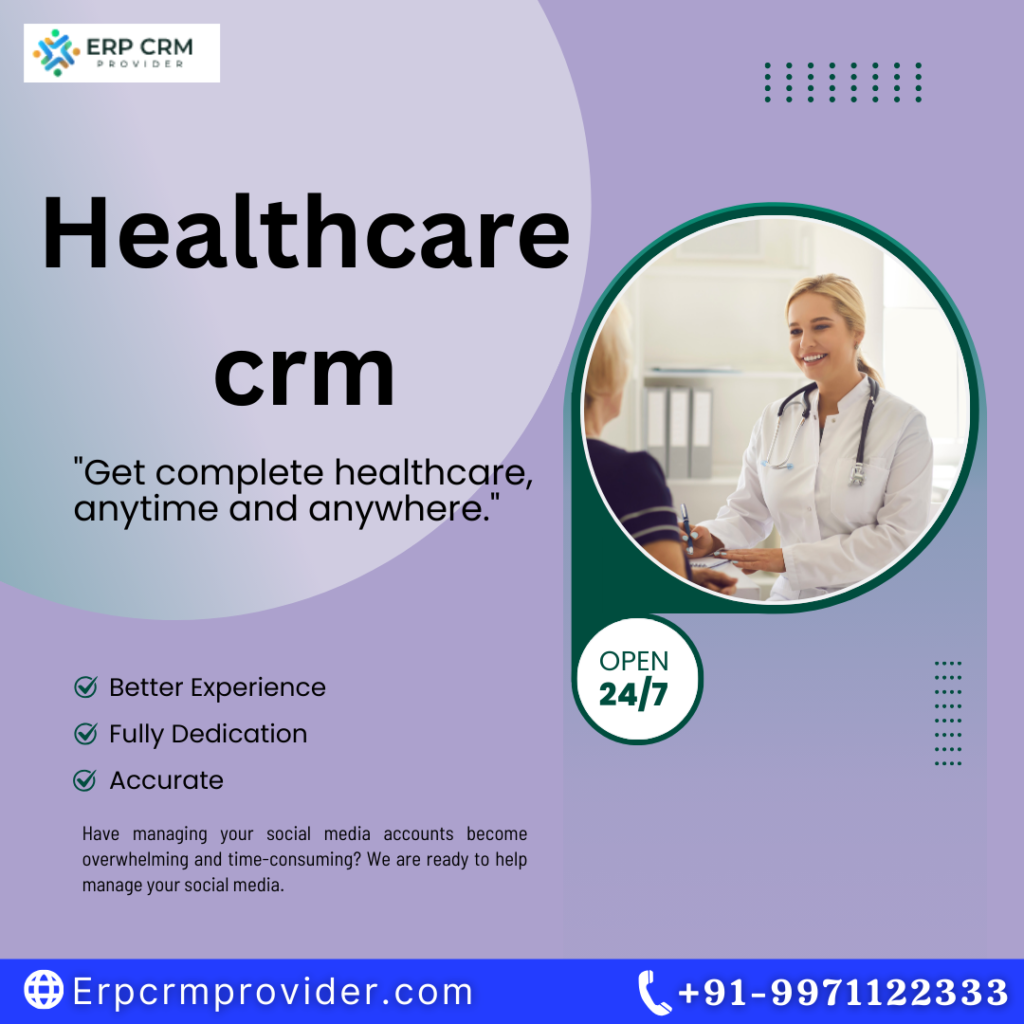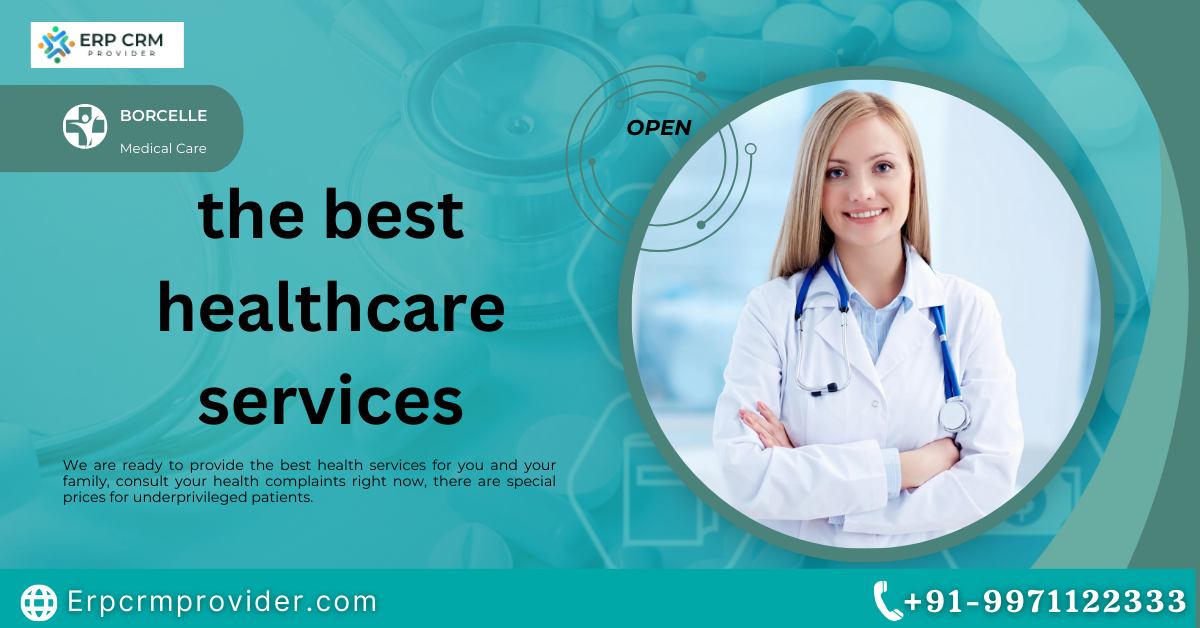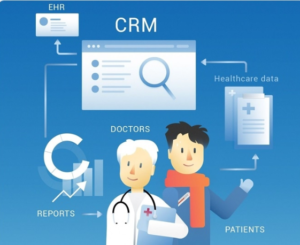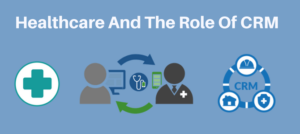In today’s rapidly evolving healthcare industry, delivering personalized care and maintaining strong patient relationships have become essential for healthcare providers. This is where (Customer Relationship Management) systems come into play. A Healthcare is a strategic tool that enables providers to enhance patient care, streamline communication, and optimize administrative tasks. By leveraging data-driven insights, solutions offer a holistic view of patient interactions, driving better decision-making and improving outcomes.
What is Healthcare CRM?
Healthcare CRM refers to a specialized software platform designed to manage and analyze patient interactions and data throughout the patient lifecycle. From the initial point of contact to ongoing care, a Healthcare CRM system consolidates all relevant information in one place, enabling healthcare providers to deliver personalized experiences, improve care coordination, and ensure continuity in treatment.
With a focus on patient engagement and satisfaction, tools help healthcare organizations maintain long-term relationships with their patients. These systems track communication across multiple channels (e.g., emails, phone calls, appointments) and automate follow-up reminders, appointment scheduling, and health assessments.
Key Benefits of Healthcare CRM
Improved Patient Engagement:Healthcare CRM systems help healthcare providers maintain consistent communication with patients. Through automated reminders for appointments, follow-ups, and routine checkups, healthcare providers can ensure timely interactions with their patients, thus improving engagement and reducing no-shows. Patients can also receive personalized health updates and educational content, empowering them to take a more active role in their healthcare journey.
- Enhanced Care Coordination:Care coordination is crucial for delivering seamless patient experiences. allows providers to share patient information across departments, reducing the risk of errors or duplicate tests. By having a 360-degree view of patient history, medical records, and treatment plans, care teams can collaborate more effectively to offer consistent and comprehensive care.
- Data-Driven Decision Making:A key advantage of a Healthcare CRM system is its ability to provide real-time insights. Healthcare providers can analyze patient data to identify trends, preferences, and potential health risks. This allows for proactive interventions, which can lead to better health outcomes. For instance, tracking patient responses to treatment helps healthcare providers adjust care plans for optimal results.
- Streamlined Administrative Workflows:Administrative processes such as scheduling, billing, and documentation can be time-consuming. A Healthcare CRM simplifies these tasks by automating workflows, reducing the administrative burden on staff. This allows healthcare professionals to focus more on patient care and less on paperwork.
- Patient Retention and Loyalty :By providing personalized experiences and maintaining consistent communication, systems help increase patient satisfaction and loyalty. Patients who feel cared for are more likely to return for future services, which contributes to higher retention rates and long-term success for healthcare organizations.

How Healthcare CRM Improves Operational Efficiency
Operational efficiency in healthcare is critical for both providers and patients. A well-implemented Healthcare CRM optimizes processes such as patient scheduling, medical record updates, and billing. By automating routine tasks, healthcare staff can allocate more time to delivering quality care. Additionally, centralized access to patient data enables providers to offer faster, more accurate responses to patient queries, improving overall operational performance.
Conclusion
Healthcare CRM is revolutionizing the way healthcare providers interact with patients. By focusing on patient engagement, care coordination, and data-driven decision-making, Healthcare CRM systems enable providers to offer personalized and efficient care. With the growing importance of patient satisfaction and loyalty, adopting a robust Healthcare CRM system is no longer a luxury but a necessity for healthcare organizations looking to thrive in a competitive landscape.


